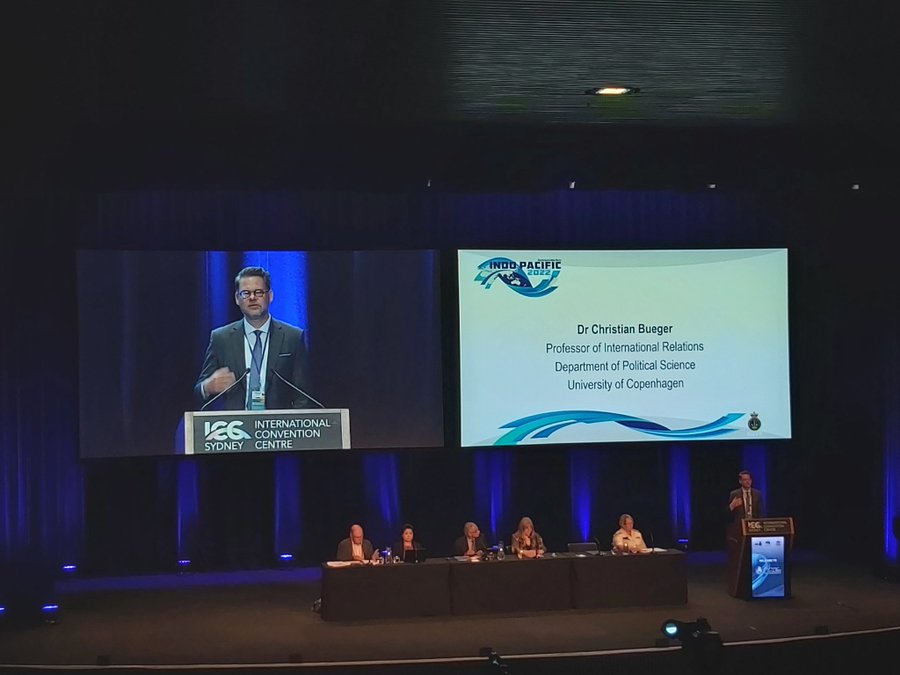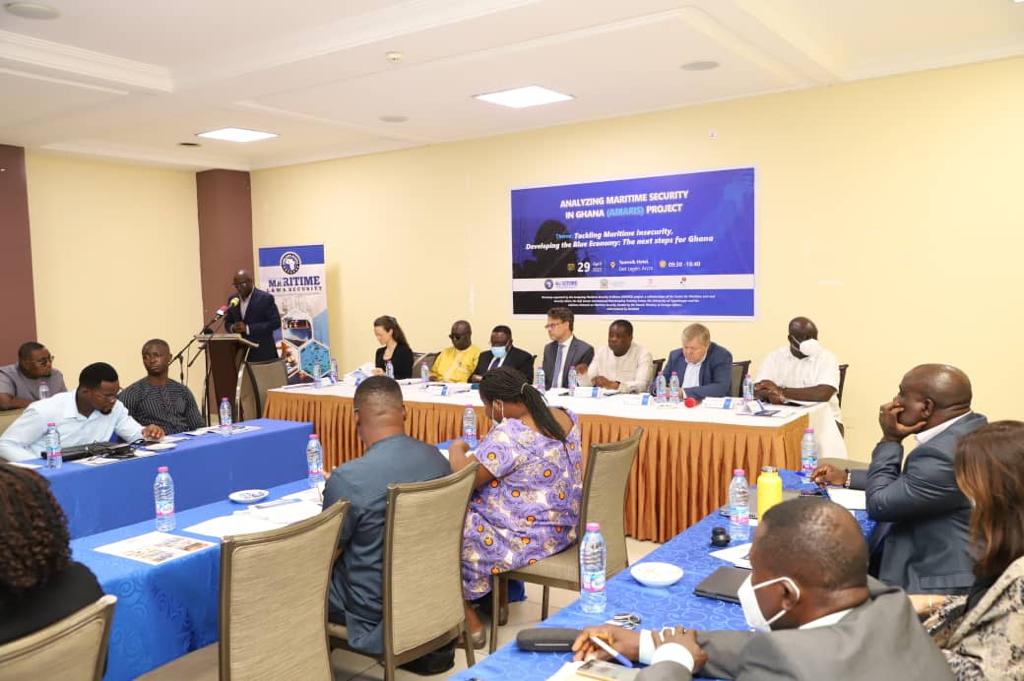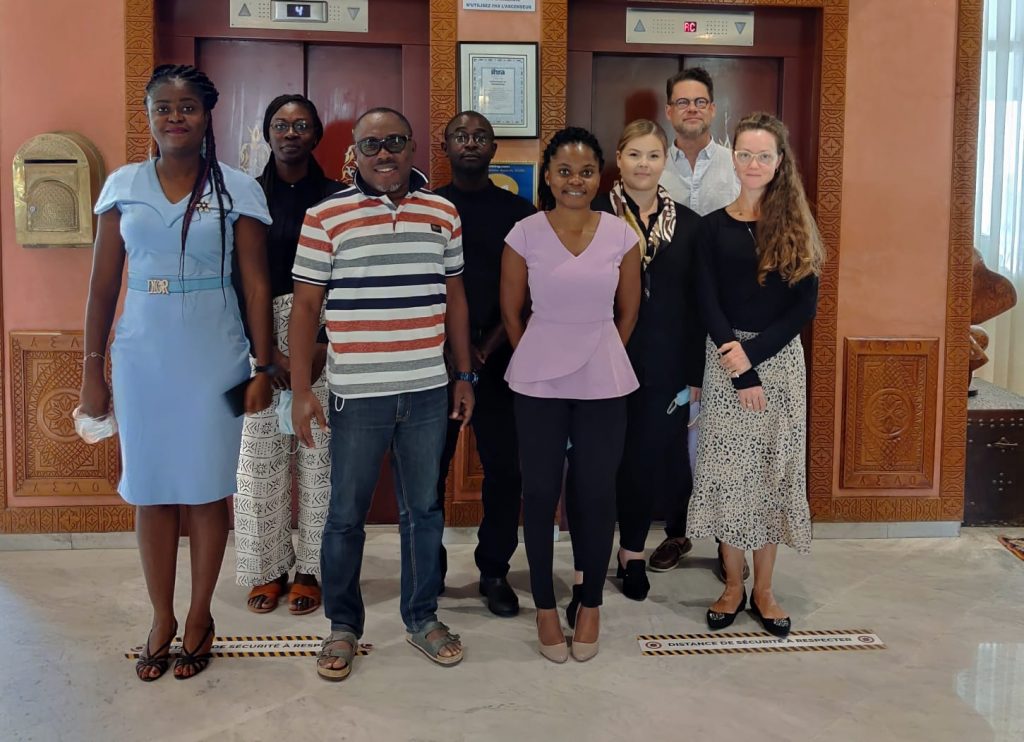On the 4.3. I had the pleasure to speak at the Pathfinder Indian Ocean Security Conference. The conference is part of the long term endeavor of the Pathfinder Foundation for a high quality discussion on the future of the security architecture of the Indian Ocean. The conference focused on confidence building measures, options for improving the current institutions and Maritime Domain Awareness with speakers from the region, China, the U.S., Russia, and Europe.
I addressed the audience as part of the panel on Maritime Domain Awareness (MDA). In my short intervention I flagged the importance of having good knowledge of the sea by sharing information on an everyday basis. I argued that MDA is important for three reasons. 1) it provides a measure for trust and confidence building; 2) it enables and coordinates rapid transnational operational responses to maritime incidents which not only includes crimes, such as piracy, but also environmental incidents, such as oil spills; 3) it allows for a common understanding of what the key security problems at sea actually are.
In the light of the ongoing turn to geopolitical thinking and naval competition, in particular the third rationale for MDA seems to be important. MDA might be here a key instrument to manage the emerging militarization dilemma in the region. As we show in a forthcoming article, co-authored with Jan Stockbruegger, the Indian Ocean is increasingly confronted with such a dilemma, where on the one side more naval force is needed to deal with maritime crimes, while on the other growth of naval employment within geo-political strategies re-enforces tensions.
I also recommended that more attention is payed to what kind of information is actually shared through MDA. Here we need to go beyond AIS data, and consider satellite imagery or remote sensing data. Also algorithms that are effective in identifying suspicious maritime behavior should be shared, and categorizations of issues, threats, and suspicious behavior should be harmonized.




